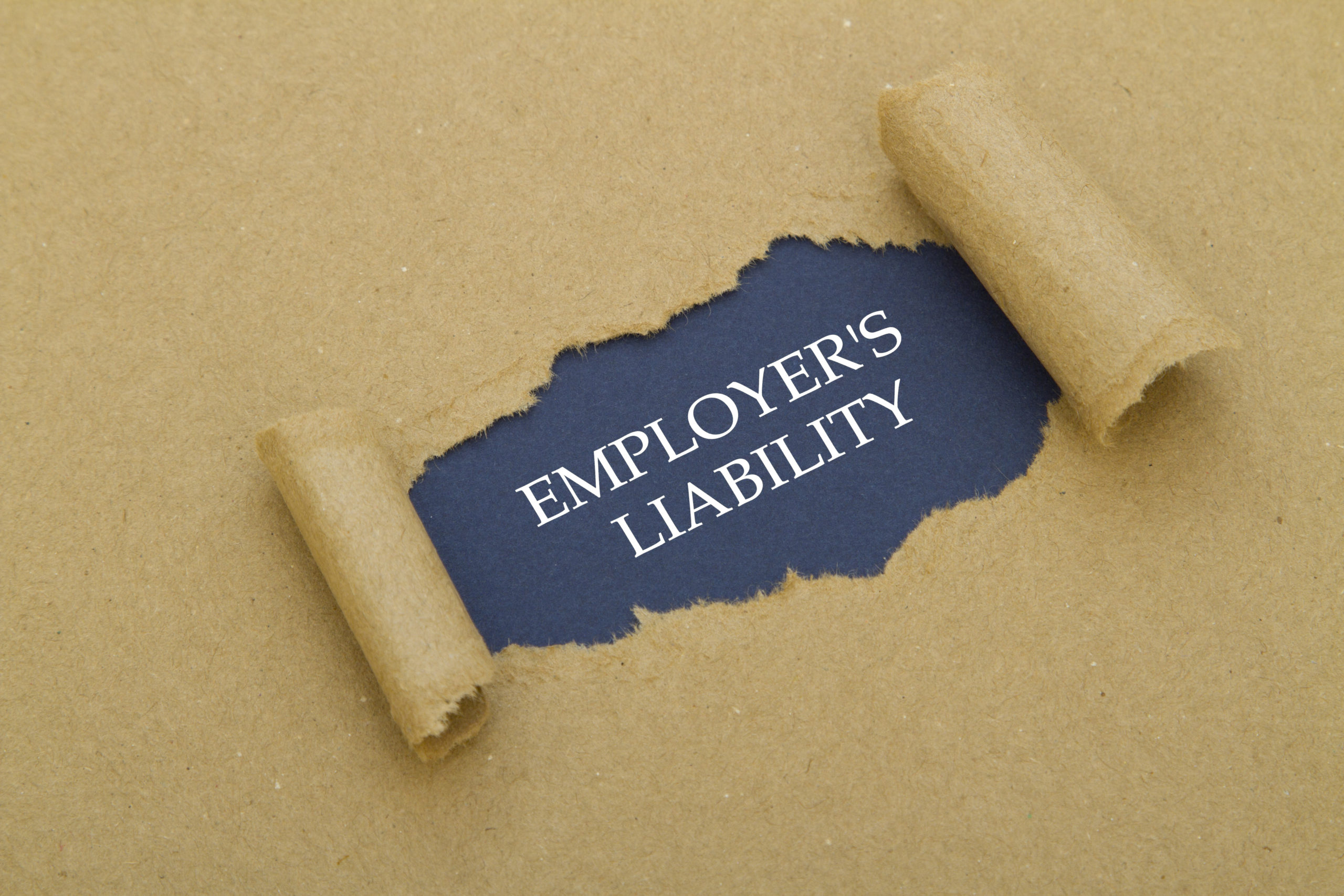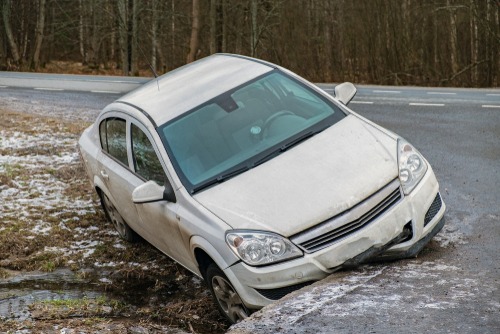
Employer Liability in Car Accident Cases
What if your employer wanted you to run some errands on paid time, and when you were out and about, you were struck and injured in an accident? Will your employer face some or full liability, or no liability at all for the accident? Is it considered to be a “work injury”? You can find out if an employer would be liable or not depending on whether or not there is some legal reason for assigning responsibility to the employer.
When Employer Liability Arises
- Employer Negligence: This could involve many things, including negligent hiring of the employee or negligent supervision of the employee. Let’s say that the accident involved somebody driving a commercial vehicle for his or her employer. When a company hires someone that they know will be driving a company vehicle, the employer has a duty to uphold that exercises due diligence in order to make sure the employee is a safe driver. They should take precautions to make sure the commercial driver’s license is in good standing and has not been suspended.
- Negligent Supervision: Employers should have reasonable safety policies in place to make sure that their drivers comply with safety laws. If an employer doesn’t check to make sure the employee is taking reasonable care, then the employer is liable for negligence.
- Vicarious Liability: In this theory, the employer is considered to be a “principle” and when the employee tells others what to do (the agents), it is just as if the principle is acting themselves. This rule applies if the agent is actually in the process of doing something for the principle at the time when the accident occurred.
Was the Employee Considered to be “On the Job”?
Any time somebody is completing an action related to work, then that person is considered to be on-the-job. This is the case even if they are doing personal business and driving a personal car. For instance, commuting to and from work would not be seen as on-the-job due to the fact that you are off of work hours. However, if you are making stops along the way to run errands for your boss, this could be considered work time.
Can I Let the Insurers Sort it Out and Arrive at a Decision?
Most drivers carry something known as automobile liability insurance. Liability car insurance covers damages to other vehicles or bodily injury to others resulting from an accident that the insured individual caused. It is one of the few mandatory coverage options required in every state; however, the minimum limits of coverage will vary and depend on the state laws of the insured person. If you were injured in one of these accidents and believe the driver may have been on-the-job, you can send a notice of the accident to both the employer’s business insurance company and to the driver’s personal insurance company. The two insurance companies will typically have to sort out which one will provide the primary coverage.
There can be an issue, however, in proving that the worker was actually on-the-job when the accident occurred. If the driver was personally uninsured or had very low insurance coverage, then this will become an issue you must figure out. It will become a big deal to find out who was at fault in the accident and how much your injuries are worth. These issues can become significant and complicated in nature.
So if the insurer is arguing that the employee wasn’t working, what do you do? This is why it is best to have an attorney on your side that can sort things out and stick up for your claims. At MDL, we will do just that. We fight for your rights so that you can gain the compensation that you deserve!


















